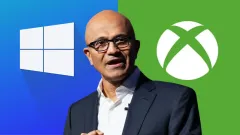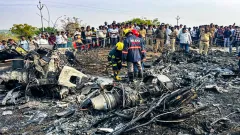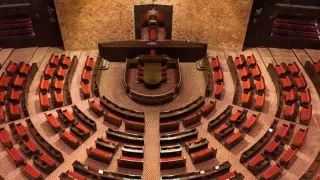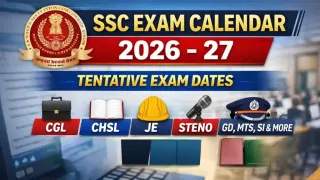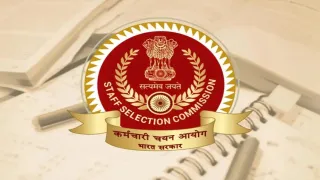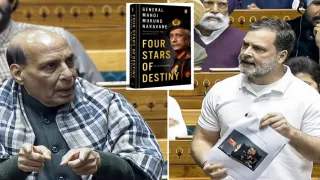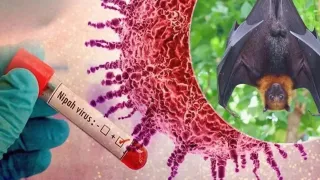Prime Minister Narendra Modi has arrived in Bhutan for a high-profile two-day visit, marking another milestone in India-Bhutan relations. This visit is timed with the 70th birthday celebrations of the Fourth King of Bhutan, Jigme Singye Wangchuck, highlighting the deep cultural and diplomatic ties between the two nations. From ceremonial welcomes to strategic talks, the itinerary promises to strengthen bilateral cooperation and showcase India’s commitment to its Himalayan neighbor.
Modi was warmly received at Paro International Airport by Bhutanese Prime Minister Tshering Tobgay, who referred to him as his “elder brother” in a heartfelt social media post. Such gestures underline the cordial relations between India and Bhutan, which have long been rooted in mutual trust, understanding, and goodwill. The Prime Minister’s visit is not just a ceremonial engagement but a strategic move to enhance cooperation across multiple sectors including energy, trade, and cultural exchange.
During his stay, PM Modi will engage with both the current King Jigme Khesar Namgyal Wangchuck and Prime Minister Tobgay, fostering dialogue on shared goals and regional stability. The visit is also symbolic of India’s “Neighbourhood First” policy, which prioritizes strong partnerships with neighboring countries. It aims to reinforce the exemplary model of bilateral friendship that India and Bhutan have maintained over decades.
Agenda of PM Modi’s Two-Day Visit
The two-day itinerary is packed with key engagements that blend ceremonial, developmental, and strategic aspects. One of the central events is the joint inauguration of the 1020-megawatt Punatsangchhu-II hydroelectric project. Developed jointly by India and Bhutan, this project reflects the growing energy partnership between the two countries and will significantly contribute to Bhutan’s renewable energy capacity.
Additionally, PM Modi will participate in the 70th birthday celebrations of the Fourth King of Bhutan, Jigme Singye Wangchuck. These celebrations are not only a cultural milestone but also serve as a platform to strengthen people-to-people ties between the nations. Modi’s presence at the festivities underscores India’s respect and acknowledgment of Bhutanese traditions and royal heritage.
Strengthening Bilateral Relations
India and Bhutan share a special relationship characterized by trust, cooperation, and mutual respect. PM Modi’s visit aims to further consolidate these ties through high-level dialogues and policy agreements. The discussions are expected to cover trade, energy, infrastructure, security, and educational collaborations, emphasizing the shared vision of progress and prosperity for both nations.
In his statement before departing for Bhutan, PM Modi highlighted that the visit would deepen bonds of friendship and advance shared goals. He emphasized that the partnership with Bhutan serves as a key pillar of India’s foreign policy in the region and stands as a model for neighboring countries seeking collaborative and peaceful relations.
Economic and Energy Cooperation
The Punatsangchhu-II hydroelectric project is a testament to India and Bhutan’s collaborative development initiatives. Once operational, it will generate over a thousand megawatts of clean energy, benefiting both countries economically and environmentally. Such joint projects exemplify the mutual commitment to sustainable development and energy security, enhancing long-term economic stability in the region.
Moreover, discussions during the visit will likely focus on enhancing trade relations, cross-border connectivity, and investment opportunities. Strengthening economic ties is critical to ensuring that both nations can mutually benefit from growth, technological exchange, and infrastructural advancements, further cementing their strategic partnership.
Cultural and Religious Significance
PM Modi’s visit coincides with the exposition of the sacred Piprahwa relics of Lord Buddha sent from India to Bhutan, symbolizing shared spiritual and cultural heritage. This act reinforces the longstanding cultural ties that bind the nations and highlights India’s role in supporting Bhutan’s religious and cultural initiatives.
Engagements such as attending royal celebrations and participating in cultural exchanges not only honor Bhutanese traditions but also strengthen mutual respect and understanding. These interactions help deepen people-to-people connections and foster goodwill between citizens of both countries.
Strategic Dialogue and Regional Cooperation
High-level talks with King Jigme Khesar Namgyal Wangchuck and Prime Minister Tshering Tobgay are expected to cover regional security, environmental conservation, and cross-border cooperation. Strengthening strategic ties is essential for maintaining peace and stability in the Himalayan region, especially in the context of evolving geopolitical dynamics.
India’s commitment to Bhutan extends beyond diplomacy; it includes collaborative projects in healthcare, education, and infrastructure development. Such efforts enhance regional resilience and showcase the success of a partnership built on trust, mutual respect, and shared aspirations for sustainable development.
Looking Ahead: The Future of India-Bhutan Relations
PM Modi’s visit to Bhutan marks a reaffirmation of the strong bonds between the two nations. The outcomes of the visit are expected to set a roadmap for future collaborations in multiple sectors, ranging from renewable energy and trade to cultural exchange and strategic cooperation. It highlights India’s proactive approach to nurturing its neighborhood and fostering stability in the region.
As both nations celebrate milestones and embark on joint initiatives, the visit reinforces a long-term vision of partnership, growth, and shared prosperity. By deepening engagement at both governmental and societal levels, India and Bhutan continue to exemplify a model of friendly, cooperative relations that other countries can look up to.
Also Read: Delhi Chokes: GRAP-III Enforced as AQI Hits Dangerous 400+




